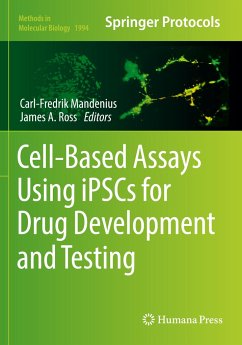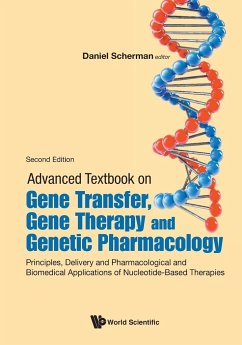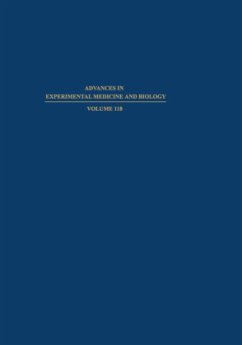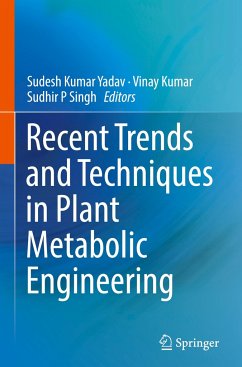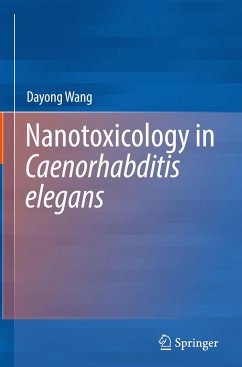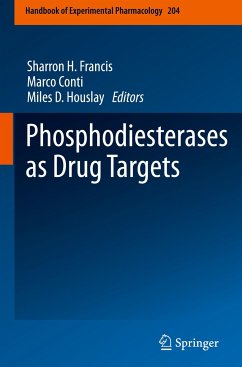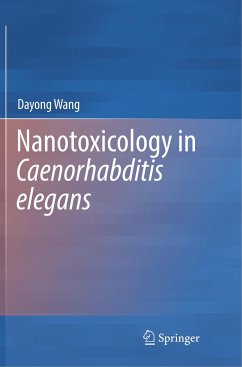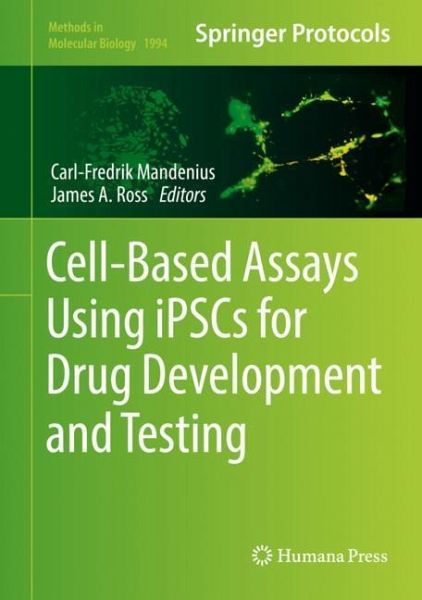
Cell-Based Assays Using iPSCs for Drug Development and Testing

PAYBACK Punkte
60 °P sammeln!
The volume presents a variety of protocols that will be useful to researchers working in the field of disease modeling, drug discovery, and the cell biology of various tissues. Chapters in this book cover topics such as requirements and preconditions for using human induced pluripotent cell lines in assay development; the culture of iPSCs and iPSC-derived cardiomyocytes by bioreactor technologies; distinctions between hepatocytes, vascular endothelial cells, cardiomyocytes, renal podocytes, and neurons; and high content assays of mitochondrial function and autophagy. Written in the highly succ...
The volume presents a variety of protocols that will be useful to researchers working in the field of disease modeling, drug discovery, and the cell biology of various tissues. Chapters in this book cover topics such as requirements and preconditions for using human induced pluripotent cell lines in assay development; the culture of iPSCs and iPSC-derived cardiomyocytes by bioreactor technologies; distinctions between hepatocytes, vascular endothelial cells, cardiomyocytes, renal podocytes, and neurons; and high content assays of mitochondrial function and autophagy. Written in the highly successful Methods in Molecular Biology series format, chapters include introductions to their respective topics, lists of the necessary materials and reagents, step-by-step, readily reproducible laboratory protocols, and tips on troubleshooting and avoiding known pitfalls. Authoritative and cutting-edge, Cell-Based Assay using iPSCs for Drug Development and Testing: Methods and Protocols is a valuable resource for researchers working in this important and developing field of study.



